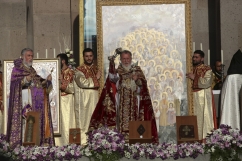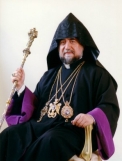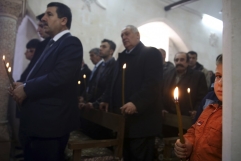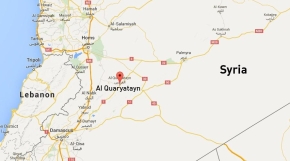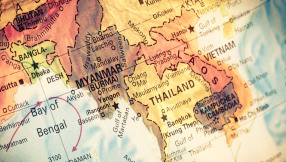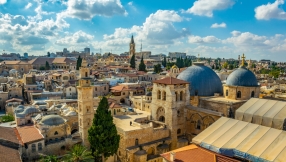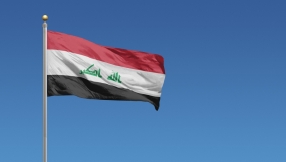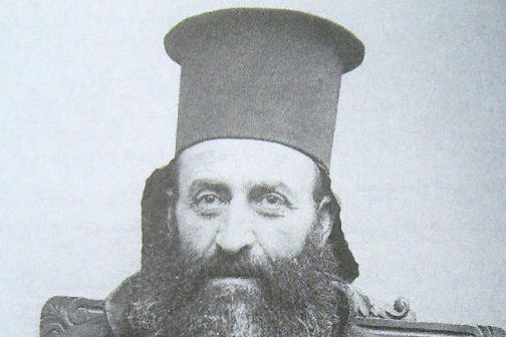
Thousands of Syrian and Iraqi Christians who have fled the atrocities of Islamic State are expected to attend the beatification of a Syriac Catholic bishop later this month.
The celebration comes after Pope Francis authorised a decree declaring Bishop Flavien-Michel Malké to be a martyr. The beatification will take place in Lebanon exactly a century after Bishop Malké was killed in Turkey on 29 August 1915, victim to the Ottoman Empire's attempt to exterminate Christian minorities.
The beatification liturgy will be celebrated by Ignatius Youssef III Younan, Syriac Patriarch of Antioch, at the Our Lady of Deliverance convent.
Patriarch Younan said: "In these painful times experienced by Christians, especially the Syriac communities in Iraq and Syria, the news of the beatification of one of their martyrs, will surely bring encouragement and consolation to face the today's trials of appalling dimension.
"Blessed Martyr Michael, intercede for us, and protect especially the Christians in the Orient and all the world in these hard and painful days."
Bishop Malké was born in 1858 in Kalat'ül Mara, a village in what is now Turkey but was then part of the Ottoman Empire. He was martyred in Gazireh, Turkey. He originally joined a monastery of the Syrian Orthodox church but then converted to the Syriac Catholic church. Both churches use the same West Syrian rite.
He was ordained priest in Aleppo in 1883 as a member of the Fraternity of St Ephrem and ministered mainly near his family home.
Malké's church and home were sacked and burned in 1895 and his mother was among the many of his parishioners who were murdered during massacres in which as many as 300,000 Christians died, Catholic News Agency reported.
He become a bishop in the 1890s, and helped to rebuild Christian villages. In 1913 he was appointed head of the Syriac Diocese of Gazireh.
A second round of persecution against Armenian, Assyrian and Greek Christians in the Ottoman Empire began in 1915 and led to the deaths of 1.5 million. Bishop Malké returned home to help defend his village and, when urged to flee, told friends: "Even my blood I will shed for my sheep."

He was arrested, refused to convert to Islam and was murdered. His diocese was then abolished.
The fate of the Armenians is close to the Pope's heart, especially given the present crisis facing Christianity in the Middle East. Earlier this year, Turkey's foreign ministry accused Pope Francis of prejudice and recalled Turkey's ambassador to the Vatican after he described the Armenian massacre as "genocide".
Father Rami Al Kabalan, of Bishop Malké's "cause", said he had "played a fundamental role in encouraging people to defend their faith in the difficulties of the time, during the persecutions of the Ottoman Empire." He even sold his church vestments to help the needy.
Father Al Kabalan said that Bishop Malké serves as a prophetic witness because "we Christians of the East are undergoing the same persecutions, even if in a different way." He added: "The image of this martyr gives us courage to defend our faith and to live our faith."









